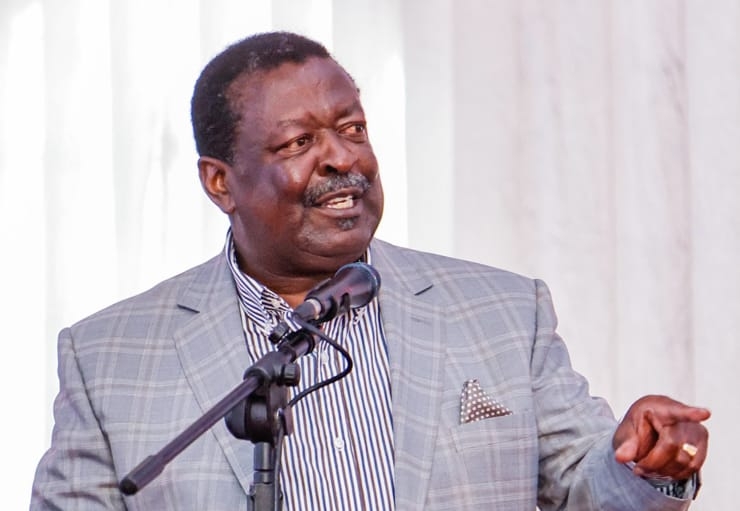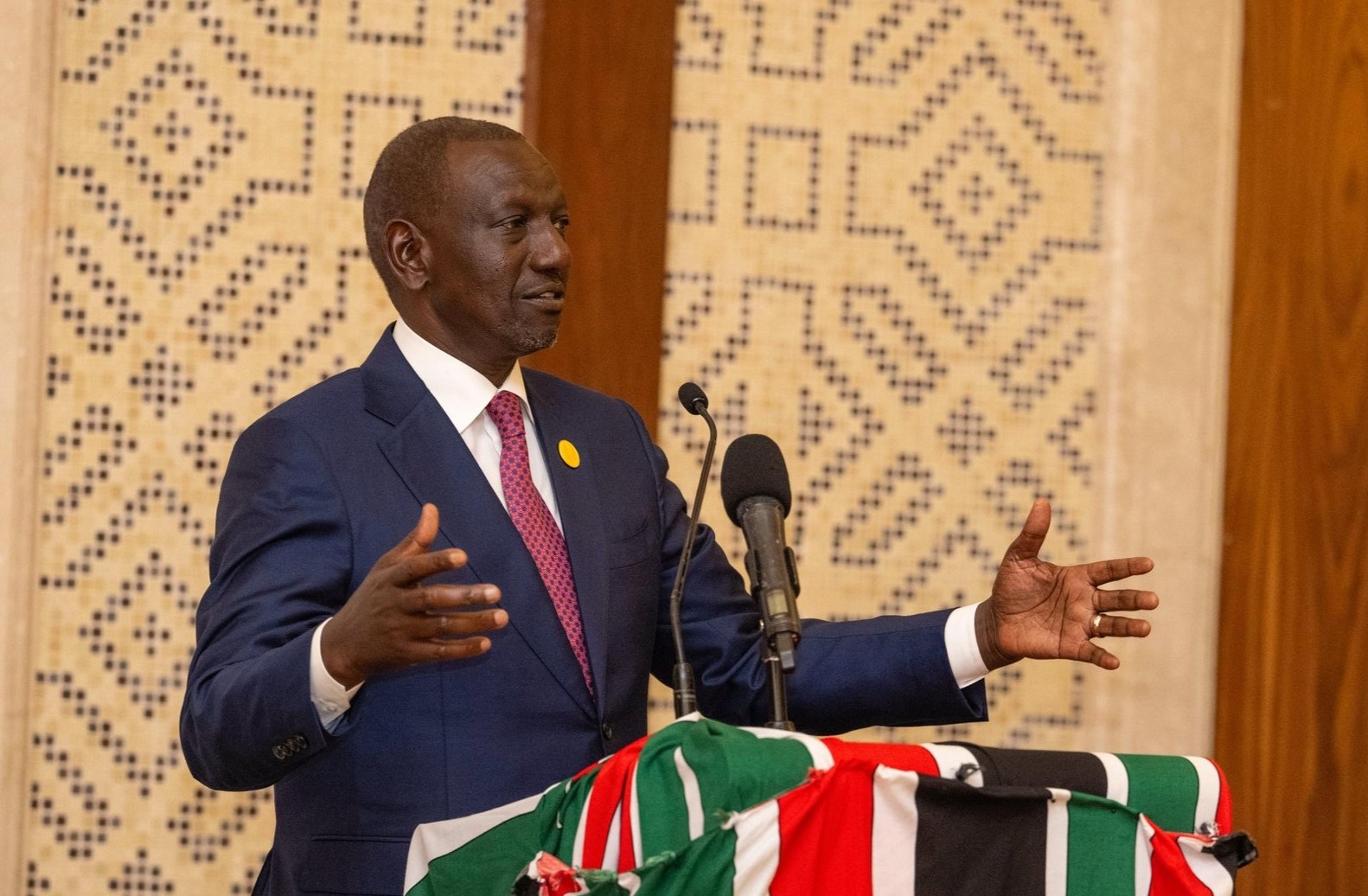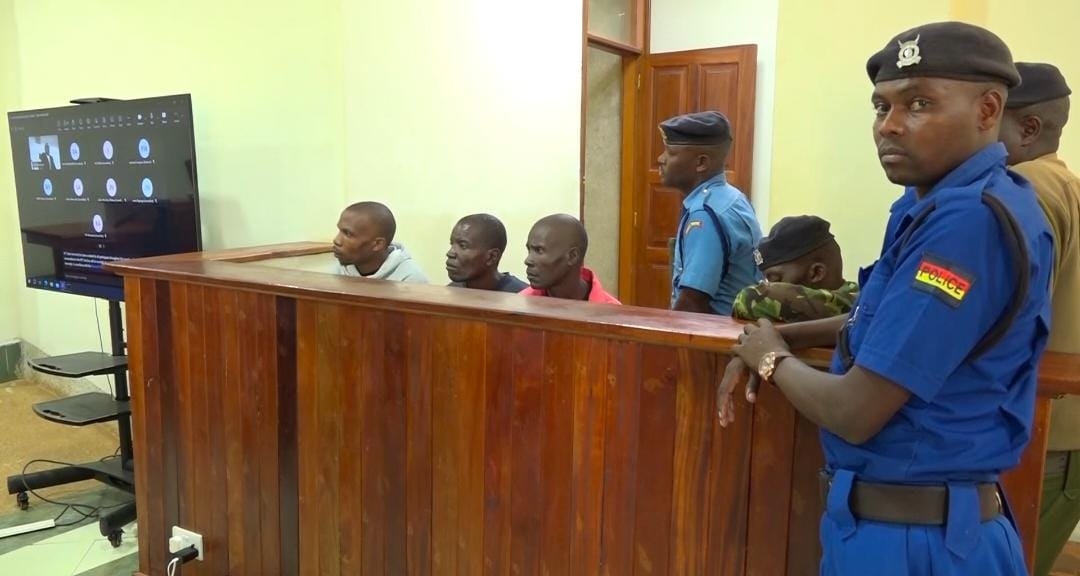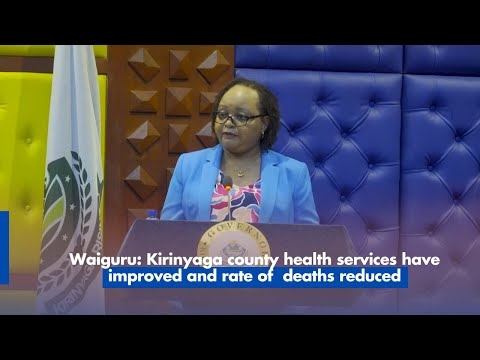From time to time, religious leadership in Kenya pronounces itself on important matters affecting the country or issues that they consider will have a certain impact going into the future. This is based on principles and the influence they exert over a significant segment of Kenyans.
There are principles that guide Christians in their interactions with society. The interpretations of these values may vary among denominations and individuals, but Pentecostal Christians have a unique perspective and role to play in governance and nation-building, mostly based on their doctrinal perspective.
The overarching theme is that Christians are called to be agents of positive change, contributing to the well-being and flourishing of the communities and nations they inhabit. According to the Bible, Christians are supposed to be ambassadors of Christ on earth, which means there are definite values and actions they must take to shine their light on the country’s political and governance domain. Moses was both a politician and a spiritual leader in biblical Israel, which was the model nation in the holy book.
Yes, Kenya is considered a secular state because religious institutions and practices are separated from the affairs of the government. The country is a secular state because the government does not align itself with any specific religion, and individuals are free to practice any religion or none at all. This is because its secular status is explicitly outlined in its constitution. Article 8 of the 2010 Constitution affirms that "there shall be no state religion." This provision underscores the secular nature of the state, emphasising that no particular religion is favoured or endorsed by the government.
Nevertheless, President William Ruto has been firm and clear about his faith, during and after the last election, and even from way back in his political and leadership career. Whenever vexed with challenges such as the case he had at the International Criminal Court, he turned to prayer at altars in many Pentecostal churches across Kenya as he humbly sought the support of God and the people. He sacrificed his resources for the building of churches and strengthening their projects.
On taking over as President, he invited Pentecostal leaders led by Deliverance Church’s Bishop Mark Kariuki, Redeemed Gospel’s Dr Arthur Kitonga and Rev Teresia Wairimu, among others, as they undertook a groundbreaking action of erecting an altar at State House, Nairobi, for the first time in Kenya’s independence history. It was a firm statement of who Ruto is at heart and his reverence to God and Christian values. It is not an action that can be taken lightly.
In snippets from Cabinet meetings and important gatherings that he holds, the President will lead the opening prayer as he invites God’s guidance and insight while seeking to lead other leaders in identifying or crafting solutions to challenges the country might face. While Ruto is a politician, his actions reinforce his strong charismatic Christian values. The First Lady leaves no doubt as to her faith with her work and support to the church and her dedication to prayer, even praying in tongues. For Pentecostals, this is well in order and something they can emulate, knowing that one spirit leads the country and they can rest easy.
Currently, one would not be wrong to say that the President needs the support of Pentecostal Christians more than ever. Being a tongue-speaking dedicated Christian, and being a loyal member of the movement, he would expect that Christians play a big role in moving his government and the country forward.
Currently, a lot of cynicism is being projected on social media platforms. Indeed, citizens are being hoodwinked to often look to the government as the panacea for all societal issues. It is crucial to reflect on the dangers of expecting the government to be the sole provider for every need and solution. While governments play a pivotal role in shaping policies and creating frameworks for societal progress, the notion that they can, and should, do everything for the people is flawed and potentially perilous. It is in line with Christian principles to highlight much that the government is doing that is positive, and Ruto’s fellow Pentecostals should shine the light with the positive message.
Of course, the government has its role to play in the provision of public goods and services and implementing policies that make life better for citizens. There is danger that lies in the abdication of personal responsibilities. When individuals expect the government to fulfil every need, from employment opportunities to personal well-being, there is a risk of complacency. Citizens may become passive recipients rather than active participants in their own growth and development. This shift in mindset undermines the essence of personal agency and self-determination.
When individuals look solely to the government for solutions, the impetus for grassroots innovation diminishes. Christians are supposed to be of positive impact on society; after all, we are commanded to be fruitful and to multiply in the book of Genesis. Entrepreneurs, community leaders and private initiatives can provide diverse and often more agile responses to societal challenges. Exclusively relying on the government stifles the dynamic landscape of innovation, hindering the potential for novel and effective solutions to emerge.
Christians must also hold the government to account for its actions and, from time to time, engage with the intention of making a constructive impact. Passiveness has its dangers, of course, but a collaborative approach can encourage a sense of shared responsibility, creativity and resilience that is often more effective in navigating the complexities of a rapidly changing world. Maintaining an atmosphere of hope and belief in a better tomorrow is in tandem with Christian beliefs and practice. It is important for Christians to foster a balanced and realistic perspective on the role of government at this time.
This is not a perspective about a Christian community blindly approving or following all that the government or the President does. A proactive, balanced approach to politics by Christians can ensure the sustainability, innovation and resilience needed for the well-being of society as a whole. However, we cannot be passive and allow negativity, which is carefully designed, to fill the air at every given opportunity.
The writer is a political commentator
















